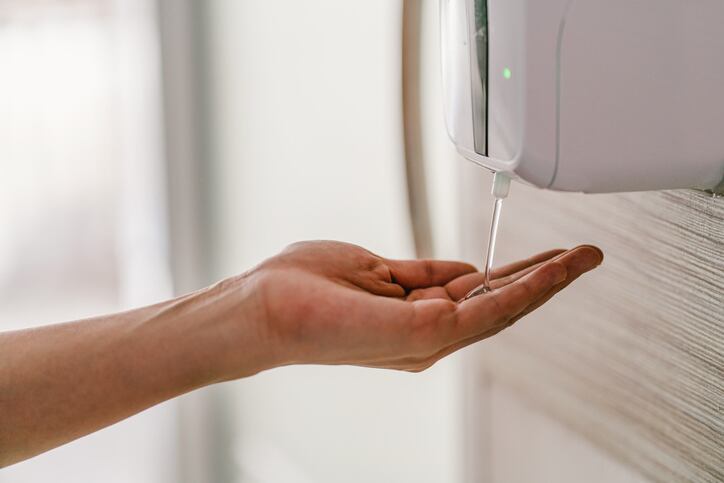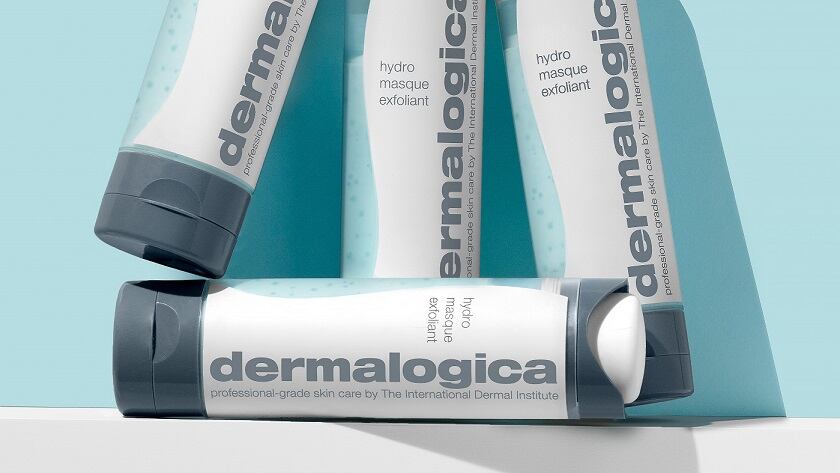Contact transmission through human skin is considered a significant risk factor in the spread of SARS-CoV-2.
There have been other reports studying the stability of SARS-CoV-2 on various surfaces from slaughterhouses, food manufacturing facilities, and even meat, but there had previously no studies on human skin as of yet.
Application of pathogenic and infectious agents to live human subjects is dangerous and not clinically feasible, hence researchers from Japan developed a model to evaluate the stability of the pathogen, using human skin obtained from forensic autopsy specimens ay Kyoto Prefectural University of Medicine.
Published in the Clinical Infectious Diseases journal, researchers commented: “There is no evaluation system at this stage that is more accurate and reproducible than this model.
“We believe this new method has the potential to contribute greatly to the development of infection-control strategies in the future.”
Study design
In this study, researchers collected abdominal skin containing the epidermal and dermal layers, measuring 4 × 8 cm2 from autopsy specimens one day after death.
They explained that the human skin, especially the epidermis has a slower deterioration after death compared to other organs.
In addition to assessing SARS-CoV-2, researchers also conducted the same experiment on influenza A virus (IAV), a common virus also transmitted through droplets.
They investigated the stability of both pathogens on stainless steel, borosilicate glass, polystyrene, and human skin.
To evaluate inactivation, they then applied 80% ethanol (w/w) as a disinfectant.
Covid more stable than flu
For the stainless steel, borosilicate glass and polystyrene surfaces, SARS-CoV-2 had 8-fold the survival time of IAV, displaying higher stability.
On human skin, the survival of SARS-CoV-2 (9.04 hours) was significantly longer than IAV (1.82 hours).
However, upon treatment with ethanol, both SARS-CoV-2 and IAV were completely inactivated within 15 seconds on human skin.
Researchers explained that appropriate hand hygiene using ethanol-based disinfectants leads to the quick viral inactivation and may reduce the high risk of contact-infections.
There are similar disinfectant products containing no alcohol, which may not be as effective as alcohol-based ones.
Researchers are now looking into exploring other factors such as humidity and temperature on the stability of SARS-CoV-2.
They wrote: “It is necessary to demonstrate in the future that the skin surface in this model is similar to that of live skin,” although this remains an ethical and dangerous challenge.
This study showed that SARS-CoV-2 may have a higher risk of contact transmission than IAV because it is more stable on human skin, and suggest that proper hand hygiene can inactivate its presence.
The model may also contribute to the development of better control strategies in the context of Covid-19 to prevent the occurrence of the second or third waves of this pandemic.
Source: Clinical Infectious Diseases
https://doi.org/10.1093/cid/ciaa1517
“Survival of SARS-CoV-2 and influenza virus on the human skin: Importance of hand hygiene in COVID-19”
Authors: Ryohei Hirose, et al.


